Assessing the suggested plays in the draft Year 7-13 English curriculum
Something a bit different from me today! This week, the draft Year 7-13 English curriculum was released along with a list of suggested texts covering poetry, novels, short stories, films and plays.
I have a lot of thoughts about the suggested poetry, novels, short stories and films but I have less of a place to stand in regards to those. Plays, however? Lots of thoughts. We form a lot of our foundational thoughts on art in high school. If your initial experience with an artform is one you hate, one you find irrelevant, one you're indifferent to, you're probably not very likely to try it again.
As a practicing playwright, I have a vested interest in how theatre is taught in high school – and what. When I went to high school
These are my thoughts! Please note that I am not a high school teacher or a high school student, and I barely know anyone who will be teaching this curriculum or learning from it. I am merely a playwright and a journalist with strong opinions.
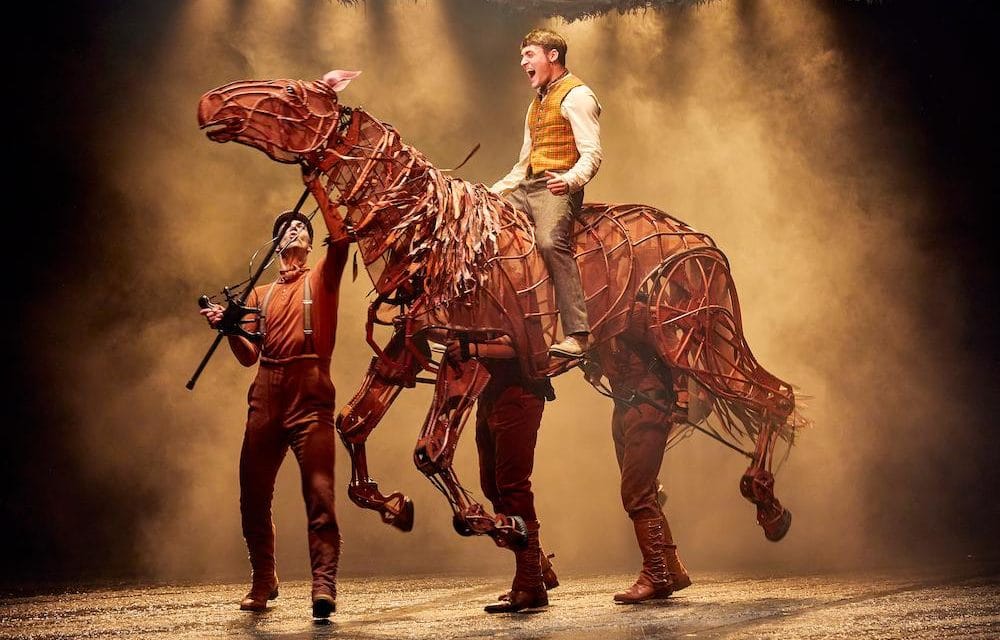
War Horse by Michael Morpurgo (stage adaptation by National Theatre)
I’m going to come in hot here: War Horse is a terrible play. I have to assume that the way this will be taught is by watching a filmed version of the show, because, on the page, War Horse is a saccharine, shallow piece of anti-war mush. I’ve not read the book but I assume it’s very much like the play. The only thing people remember about War Horse as a play is some truly impressive puppetry and while I have every faith in the wonder of a child’s imagination, I’m not necessarily sure they’re going to immediately picture that impressive puppetry while reading this play. (Having said that, Spielberg’s adaptation is way better than it has any right to be.)
Anne Frank: The Diary of a Young Girl by Anne Frank (adapted for stage)
This is a tricky one. Obviously, The Diary of Anne Frank is an important text.
The play - whether they’re talking about the original 1955 adaptation or the revised 1997 version - is a pale imitation of the book. The story remains strong but splitting up the authorial voice and adapting it onto stage lessens the impact of it. If students aren’t seeing this performed but instead reading it, there’s really no reason why they shouldn’t just read the book instead. Including it here
(As a sidebar: Wouldn’t it be great if a student’s introduction to theatre - in text form - was through comedy?)
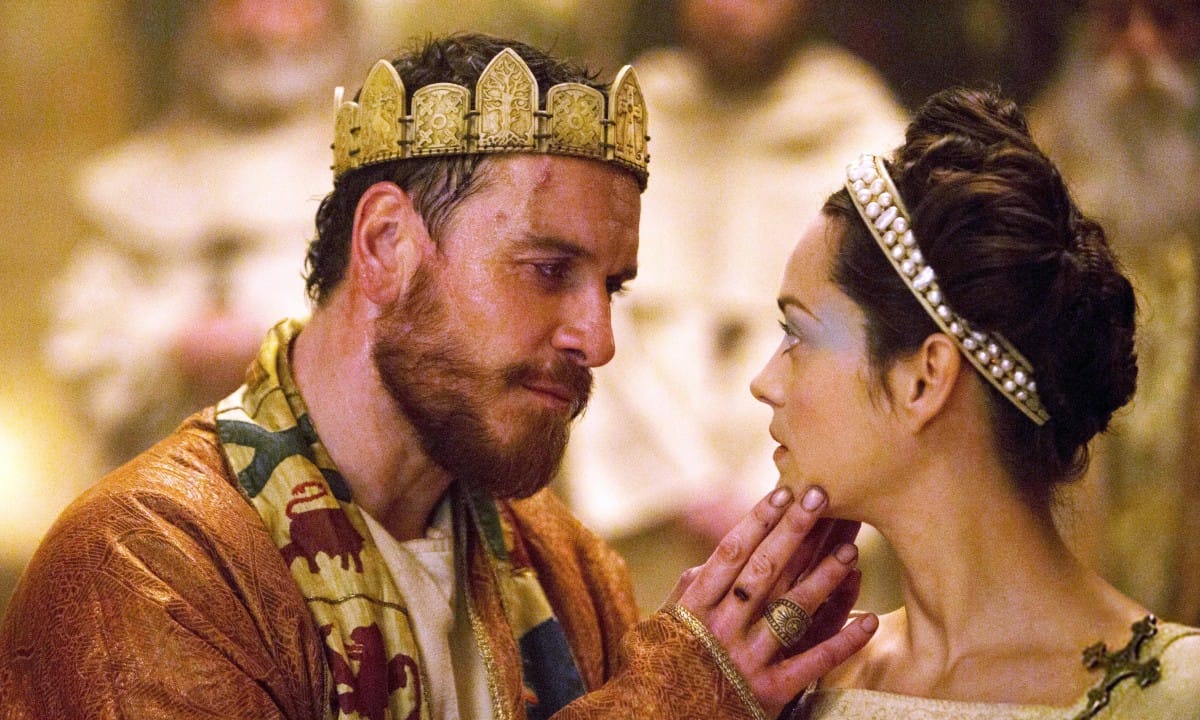
Year 9 and 10
Macbeth by William Shakespeare
I’m not against Shakespeare being on the curriculum, but let’s be real: there is one Māori playwright on this list and four Shakespeares.
In saying all that: Macbeth’s a pretty solid introduction. The themes are clear, it’s not too long, and there’s a lot of action in it. I beg any teacher who chooses to watch a filmed version alongside studying the play to pick the fantastic, creepy 2015 Justin Kurzel adaptation, and not the 1972 Polanski adaptation (or even the 2021 Coen adaptation, which missed the mark entirely for me.)
Maui and Sina by Helen Tauau Filisi
I’ve actually not read this one but after a little research, it seems like a good fit!
Rēwena by Whiti Hereaka
Rēwena is one of my favourite New Zealand plays. Brilliant choice, no notes, and it’s a genuine pleasure to see one of my favourite New Zealand writers, in any artform, sprinkled across the curriculum.
A philosophical question: How early is too early to introduce children to solo theatre? Only you know what’s right for your kids, parents! (A joke, of course.)
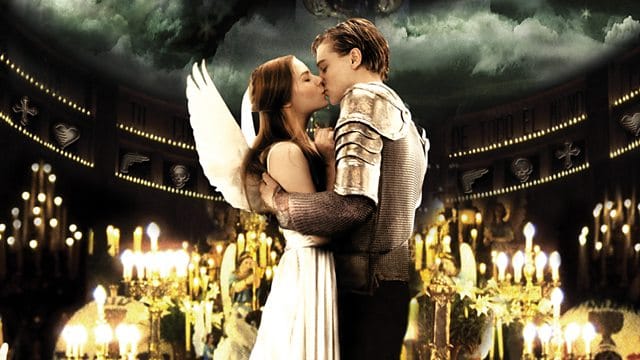
Year 11
Romeo and Juliet by William Shakespeare
I cannot wait for the youths of Aotearoa to get acquainted with Baz Luhrmann’s Romeo + Juliet.
The Crucible by Arthur Miller
I love The Crucible, and it remains relevant in any society that deals with misinformation and persecution, which is unfortunately ours. I'm not sure how the average high school student would respond to it, or if there's not a modern drama
Krishnan's Dairy by Jacob Rajan
Perfect play to include. It’s a great piece of writing, still (depressingly) relevant, and, amongst the rest of this curriculum, would likely be a moment of “holy shit, we can write this here?”.
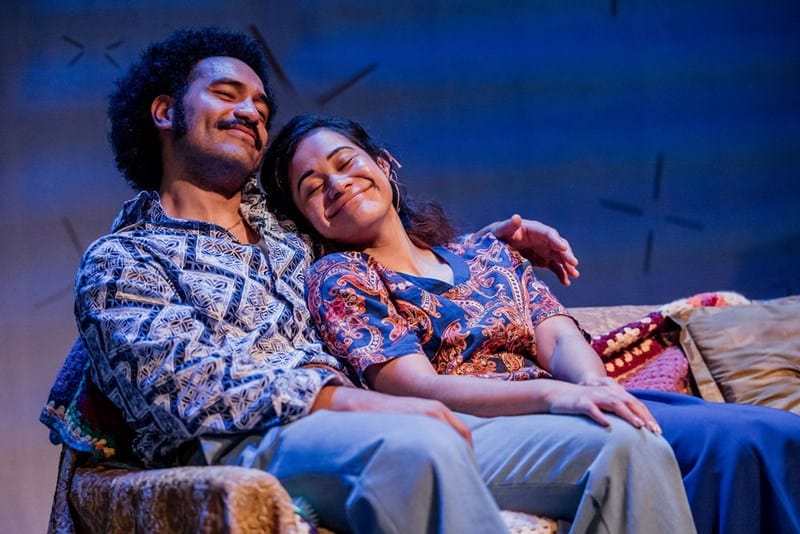
Year 12
Hamlet by William Shakespeare
Yes, Hamlet is a great play. But if you’re a student who is not into Shakespeare, Hamlet is not your gateway drug. Macbeth is beer, Romeo and Juliet is wine, and Hamlet is whiskey. You don’t start with it.
If there must be four Shakespeare in this curriculum (and there absolutely does not need to be), I’d swap this one with Othello, which is a bit more accessible.
A Streetcar Named Desire by Tennessee Williams
This is going to make the statistically probable gay kid in a Year 12 English class very happy. It is also probably going to bore a whole lot of the rest of the class; Streetcar is a dense, long play that is absolutely not meant to be ruined by being read out loud in a New Zealand accent. I’m also not necessarily sure if a high school teacher is immediately equipped to carry a class through the gender and sexual politics at play in Streetcar. Maybe swap for The Glass Menagerie, which is not only shorter but an easier play to grapple with.
Dawn Raids by Oscar Kightley
Along the same lines as Krishnan’s Dairy, this is a depressingly relevant classic. Perfect inclusion, no notes.
Year 13
Othello by William Shakespeare
I would 100% rather have this than Hamlet. It’s more “fun”, there is action, and it’s far less dense.
A Doll's House by Henrik Ibsen
I’m all for A Doll’s House being in the curriculum. But if you’re going to include it, why not make it Emily Perkins’ fun, modernised, Aotearoa-located adaptation of it? It’s a double-win! Students get to learn about A Doll’s House and Emily Perkins at the same time.
Shuriken by Vincent O'Sullivan
This wouldn’t have been my personal pick, but it’s a good one for the premise - set during the 1943 Featherston Prisoner of War incident, which I had only heard about because I read this play at university - and to get to know one of Aotearoa’s grandfathers of letters.
A few works I’d like to see included or considered, and this is purely from the top of my head:
The Haka Party Incident by Katie Wolfe (great play, relevant, verbatim)
Have Car Will Travel by Tāwhi Thomas (a modern classic)
Purapurawhetu by Briar Grace Smith (another modern classic)
Ophelia Thinks Harder by Jean Betts (an example of how to mess with and reinterpret Shakespeare)
The Intricate Art of Actually Caring by Eli Kent (as modern now as it was when it was written)
The Bookbinder by Ralph McCubbin Howell (a delightful play that isn’t like anything being taught)
Glide Time by Roger Hall (for someone who is as culturally significant as Hall is, it’s wild that he isn’t part of the curriculum in some way, and this is his best play)
a mixtape for maladies by Ahi Karunaharan (love this play, and it’s so new that the ink is still wet)
White Men by Abby Howells (relevant and also a comedy, this curriculum is dour)
and what remains by Miria George (great concept, relevant more now than it was even when it premiered)
My Best Dead Friend by Anya Tate-Manning (one of the best New Zealand plays ever)
(Look, I’d love any of my own plays to be included but the plays of mine that generally go into high schools are ones that I’d personally prefer to be buried in a safe fifty feet below the ground. I’m happy to let someone else make that call.)
Writing and reporting takes time, and if you want to support the amount of time it takes (and ensure that the scant amount of meaningful coverage of local art can continue), please considering supporting Dramatic Pause with a paid subscription ($8 p/m, $60 p/a) and if you can't afford a paid subscription, please share the work with your networks!
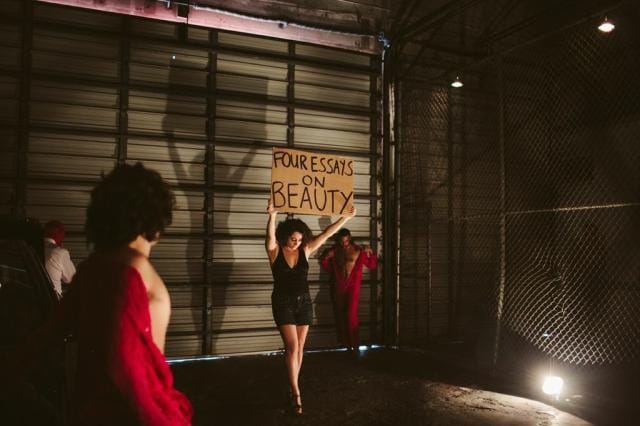
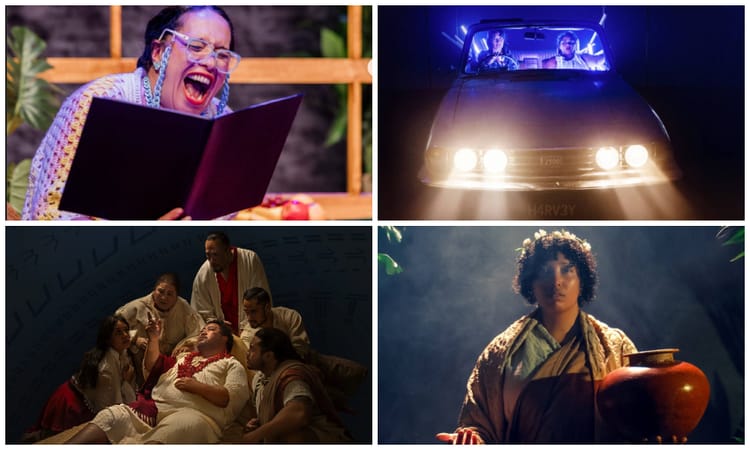
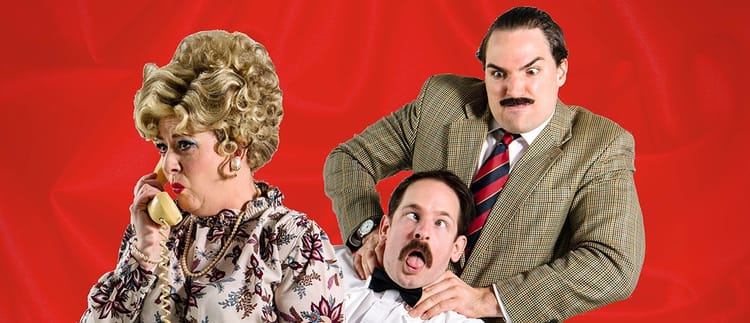
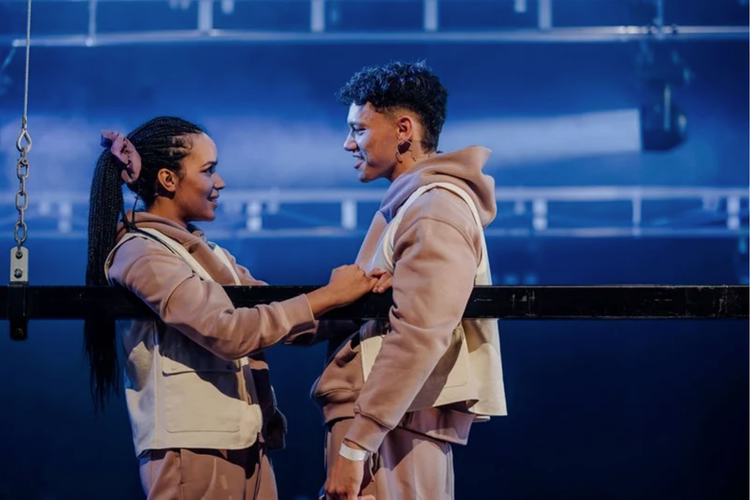
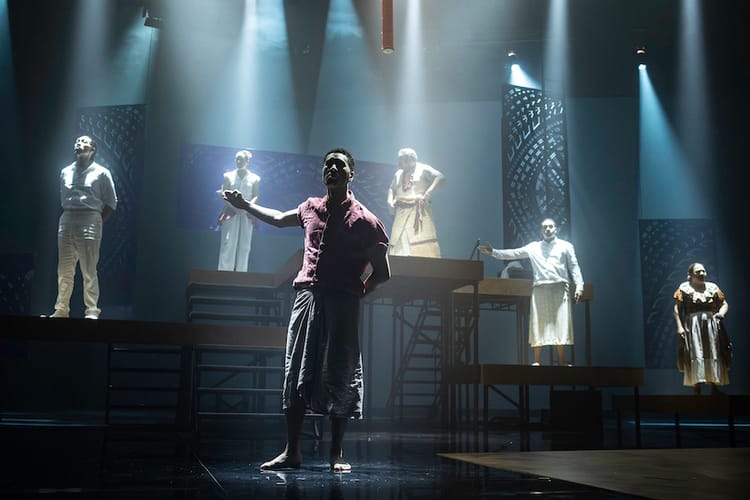
Member discussion